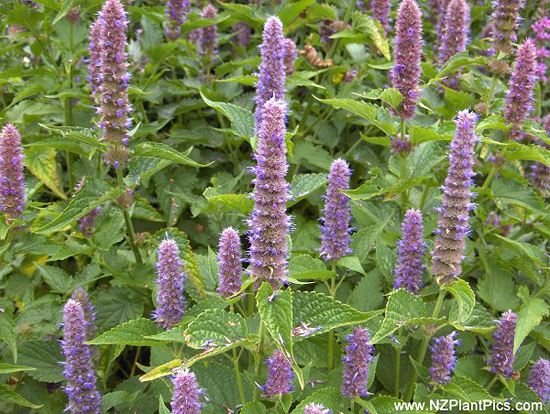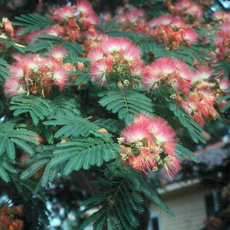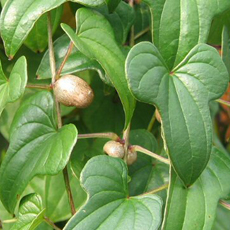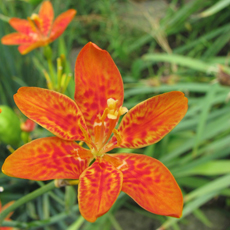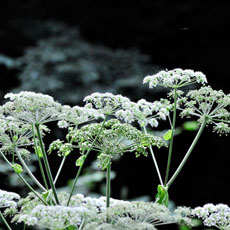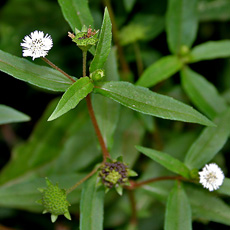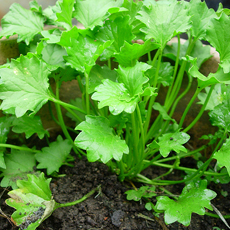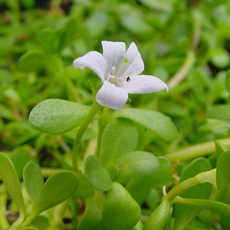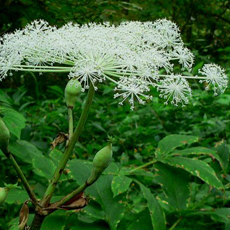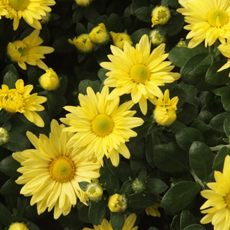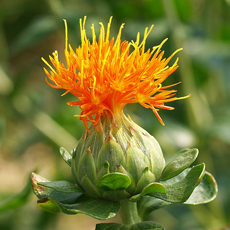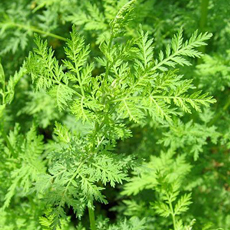ACUPUNCTURE
The practice of acupuncture and moxibustion is based on the theory of meridians. According to this theory, qi (vital energy) and blood circulate in the body through a system of channels called meridians, connecting internal organs with external organs or tissues. By stimulating certain points of the body surface reached by meridians through needling or moxibustion, the flow of qi and blood can be regulated and diseases are thus treated. These stimulation points are called acupuncture points, or acupoints.
Acupuncture uses very fine, sterile needles which are gently inserted into specific acupoints along energy channels on the body to activate and regulate the body's energy. These energy channels Aka meridians connect to our internal organs, providing a system to interact with the functioning of the whole body. Acupuncture stimulates the natural healing potential of the body and boosts immune function, physical and emotional health.
In Western medical theory, the placement of acupuncture needles at specific points releases endorphins and opioids, the body’s natural painkillers, and support and enhance immune system cells as well as neurotransmitters and neurohormones in the brain. According to the National Institutes of Health, there is evidence that stimulating acupuncture points enables electromagnetic signals to be relayed at a greater rate than under normal conditions. This may increase the flow of healing or pain-killing natural chemicals to injured areas.
According to the World Health Organization’s (WHO) extensive research on Acupuncture, the following is a partial list of the conditions treated effectively by Acupuncture:
| Allergies | Menopause |
| Chronic Pain | Menstrual Disorders |
| Common Cold | Nausea and Vomiting |
| Constipation | Nausea from Chemo or Radiation |
| Correction of Malposition of Fetus (breeched presentation) |
Neck Pain |
| Dental Pain | Osteoarthritis |
| Diarrhea | Periarthritis of the Shoulder |
| Dizziness/Vertigo | Postoperative Pain |
| Essential Hypertension | PMS |
| Facial Pain (including Craniomandibular Disorders) | Rheumatoid Arthritis |
| Fatigue | Sciatica |
| Facial Rejuvenation | Sprains |
| Headaches (including Migraines) | Sports Injuries |
| Immune System Deficiencies | Tempromandibular Stroke |
| Infertility | (TMJ) dysfunction |
| Insomnia Knee Pain | Tendonitis |
| Low Back Pain | Tennis Elbow |
| Low Libido | Whiplash Injuries |
Herbal Medicine
Chinese herbal medicine and acupuncture are complimentary therapeutic modalities that are often used together in the treatment of a variety of medical conditions. Over the past 5000 years, Chinese herbology has evolved into an art form of its own. Ancient Herbal information has gathered, complied, formulated, tested and handed down from generation to generation. It includes the use of plant products – leaves, stems, bark, roots, seeds, flowers, fruit – in raw or processed forms.
Herbs are used to reduce problematic symptoms, support immune systems, and bolster the body's own natural resistance to ease problematic symptoms; to expedite the healing process and strengthen, support or tonify the body. Chinese herbal medicine has the capacity to address the underlying root cause of various medical conditions. Whether acute or chronic. When prescribed and use correctly, Chinese herbal formulas rarely cause unwarranted side effects.
Herbal formulas are prescribed based on the individual’s diagnosis and constitution. Herbs can be given in pill, granulated powder or raw form. We carry high quality herbal formulas that are thoroughly batch tested and have GMP (Good Manufacturing Practice) certification.
What many people may not be aware of is that they may already be eating many chinese herbs already in their diet. Also many people in Asia already use herbal remedies in their own cooking at home. Some common herbs that are used in chinese medicine and their common uses are:
·Cinnamon -skin disorders, arthritis, common cold, chest pain, edema
·Chinese Wolf Berry Fruit - diabetes, hypertension, fever, tinnitus, dizziness
·Walnut - strengthen energy , frequent urination, chronic cough, wheezing
·Mint- common cold, fever, headache, cough, sore throat
·Black sesame seed- blurry vision, dizziness, premature gray hair, constipation
·Tangerine peel - phlegm, nausea, vomiting, low appetite
Below are pictures of some chinese herbs in their natural setting....



